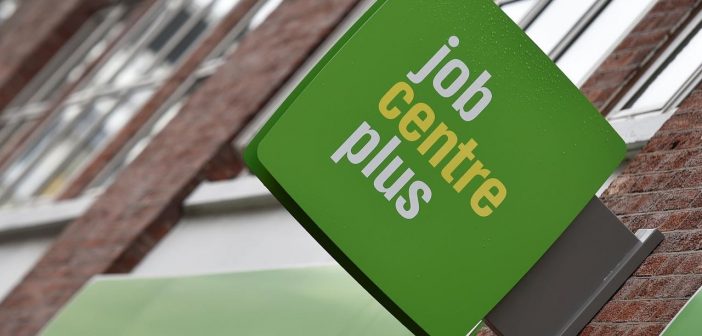Britain created more jobs than expected in the three months to January but unemployment rose too by the largest amount since 2011, a sign that the labor market tightened further before the impact of coronavirus began to bite.
While figures last week showed that Britain’s overall economy showed zero growth in the three months to January, Tuesday’s official data extended a run of hefty increases in employment.
The number of people in work rose by 184,000 to 32.985 million, the Office for National Statistics said, driven by record quarterly increases in full-time and female employment.
A Reuters poll of economists had pointed to a 143,000 increase.
But the figures also showed unemployment rose by 63,000 in the three months to January, the biggest increase since late 2011.
“Today’s figures show continuing record employment but also a slight rise in unemployment on the year… This is because we also see a record low rate for people neither working nor looking for work,” ONS statistician David Freeman said.
Sentiment among businesses and households picked up after Prime Minister Boris Johnson’s landslide election victory in December, although — jobs aside — this has yet to be reflected in hard data before the coronavirus outbreak shook major global economies like Britain.
Businesses in sectors like travel and hospitality worry that they will need to make workers redundant unless they receive more help from the government as they try to weather the collapse in demand caused by the outbreak.
Last week, the Bank of England launched emergency credit measures to prevent a wave of corporate bankruptcies, and cut its key interest rate to 0.25% from 0.75%.
A few hours later, new finance minister Rishi Sunak announced a surge in public spending and is set to announce further measures on Tuesday.
For now, the data show wages have been growing steadily. The ONS said total earnings growth, including bonuses, rose by an annual 3.1% in the three months to January from 2.9% in the three months to December.
Source: Reuters.

